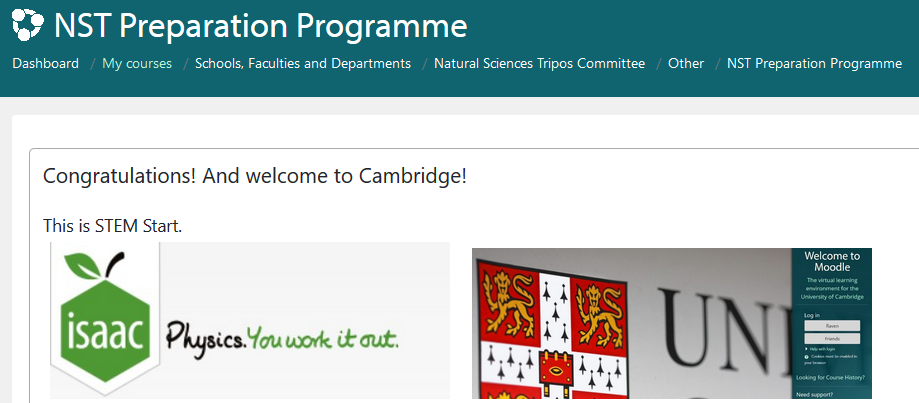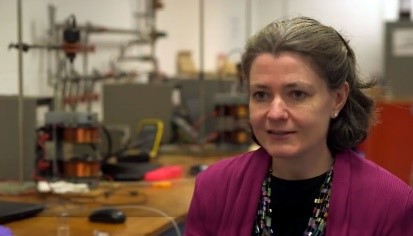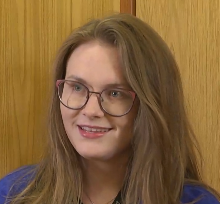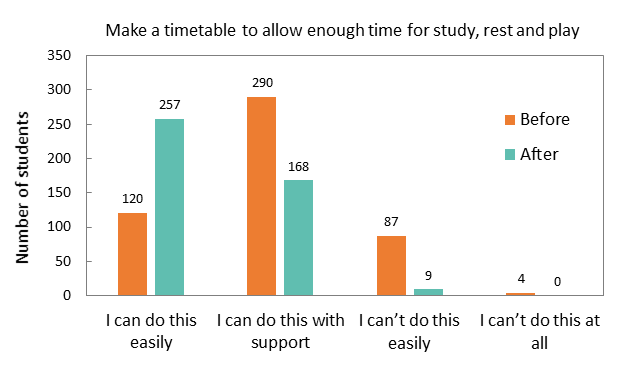Spotlight: STEM Start
Spotlight Articles focus on recent projects, people or case studies to explore the range of teaching activities and innovations underway across the University of Cambridge. The following article is the first in a series describing the outcomes of the recently awarded Technology-Enabled Learning Programme projects (2019-20).
"I feel much more confident than I would have done without the course, as it felt like Cambridge were reaching out and helping me rather than expecting me to do all the mental preparation myself."
- STEM Start student 2019
This is exactly the impact the Technology-Enabled Learning Programme team were hoping for when we started work on STEM Start, a five-week online course that prepares new Natural Sciences and Engineering students for the transition to University. The course includes Maths, Science and Engineering problems hosted on the "isaac" platform, and study skills work hosted on Moodle, the University's "Virtual Learning Environment". Each section of the course contains videos full of advice from current students and Directors of Studies, who share their experiences of Cambridge.

The Motivation

"Having seen new students arriving year after year full of enthusiasm and then struggle with the same things again and again, I recognised that there was a clear need for a transition programme to help students prepare for the year ahead both academically and organisationally. There was a need to give them time to embed and internalise information in a more timely fashion than just telling them about this stuff when they arrive in Freshers' Week."
Dr Lisa Jardine-Wright is a Pilkington Prize-winning lecturer in Physics and the lead academic on STEM Start. She had noticed that students typically don't get the most out of lectures, supervisions and practicals, and initially waste valuable time and energy trying to figure out how to do so instead of on the content to be learned. They can also feel overwhelmed by the intensity of the Cambridge experience, which often differs greatly from their experiences at school.

The Natural Sciences and Engineering Triposes typically send out preparation problems for students to work through before they arrive at Cambridge, to refresh everyone's Maths, Science and Engineering subject knowledge and ideally make sure they're at a similar level regardless of any differences in their previous education. This is great in principle but there is no accountability until students arrive, at which point it's too late. As Grace, a current student, mentions in her video, the Natural Sciences Tripos is 'like a train', and once it leaves the station you'd better make sure you're on and stay on.
The Process
Lisa came to the Technology-Enabled Learning Programme team with clear goals around the kind of content she wanted to cover, an overarching structure and existing University resources for reference. She had also built many of the necessary practice problems on isaac. Over the summer we worked closely together along with Frank Wall, Learning Technologist at UIS. We elaborated a complete learning journey, planned and created the video thread, built learning activities around the resources Lisa had identified, and created new resources - to fill the gaps in the learning journey with tailored input and activities.
This was all achieved in just six weeks over the summer vacation. Although definitely an intense experience, engagement and feedback on the course have been excellent.
The Result
We have a complete course that addresses the issue of unequal starting subject knowledge between students, as well as concerns about fitting in, managing workload and making the most out of every learning interaction. Students seem to greatly appreciate it. At the beginning and end of each week, students were asked about their abilities in the area covered that week. Graph 1 shows growing confidence as a result of the learning content for Week One.

In surveys throughout the course, students provided some actionable suggestions for improvements, but the vast majority of comments illustrated how necessary this course was and how well we have achieved our aims so far.
"I found the sample lecture really useful, I liked how most of the content was covered at A-level but the lecture was much more interesting and explained the concepts better."
"I thought all the videos from past students and Directors of Studies offered an incredibly valuable insight into the course and University."
"This course is a great idea - I really feel it has assuaged some of the doubts and fears I had about Cambridge, and now feel confident and eager to get started :) "
The Future
We will be updating STEM Start in response to feedback from student and expert surveys, as well as improving aspects we had to compromise because of the very tight timeframe. Insights from the course-creation process as well as from the course itself will be used to inform conversations about possible transition year studies.
The Technology-Enabled Learning Programme continues throughout the year. Coming up we'll be developing a Tripos paper in Embedded Systems, blended modules for an MPhil in Medical Genetics, a tool for supporting palliative care teaching and a short course teaching research skills via text encoding of medieval manuscripts. Follow @CamTELP for regular updates.

Author
Deirdre Cijffers is the Lead Course Designer in Online Learning Services at Cambridge University Services. OLS are the core team leading the instructional design side of the Technology-Enabled Learning Programme.
Cambridge Teaching & Learning Newsletter vol. 1 (issue 1) October 2019
